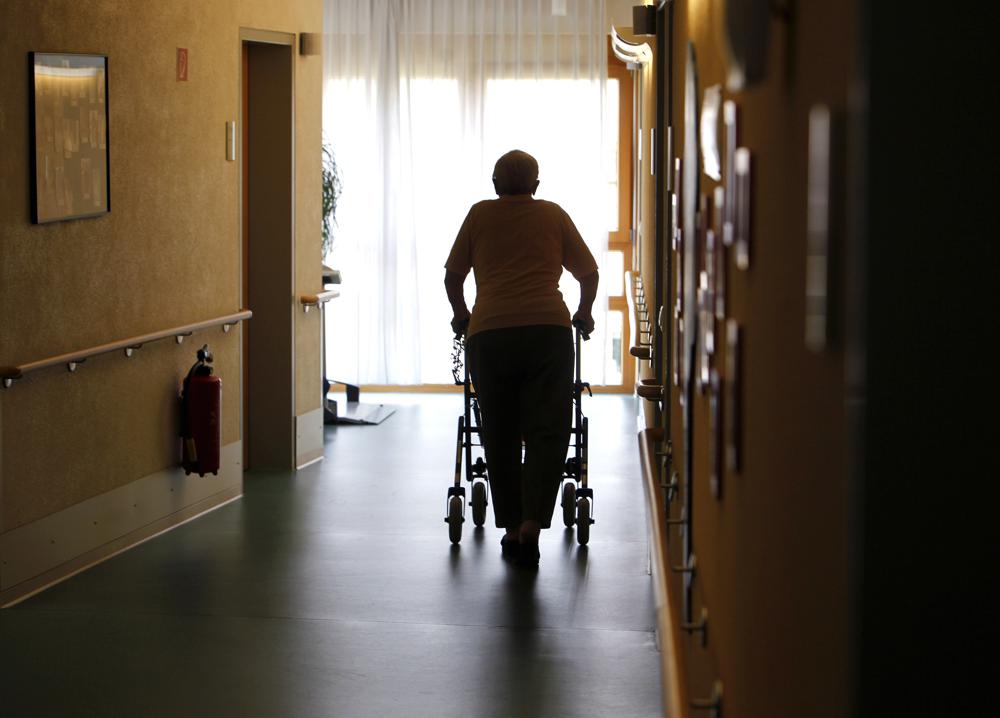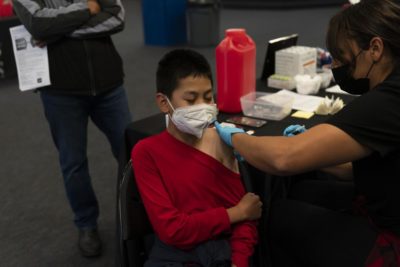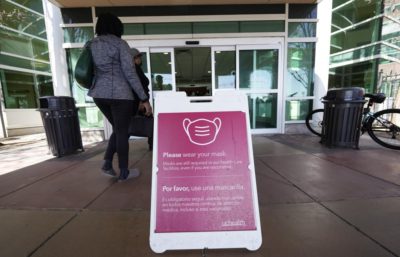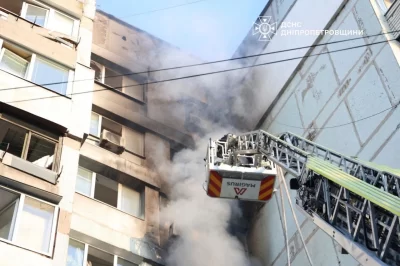
BERLIN — Germany’s health minister on Tuesday decried calls from the main opposition party to suspend the implementation of a COVID-19 vaccination mandate for health workers, saying this would send a dangerous signal that authorities are caving to anti-vaccine protests.
Parliament in December approved the legislation that will require staff at hospitals and nursing homes to get immunized against the coronavirus, with the main center-right opposition Union bloc among those supporting it. Under the new law, those workers will need to show they are fully vaccinated or have recovered from COVID-19 by mid-March.
But in recent weeks, some local officials have complained that they lack the resources to implement it and the rules are unclear. On Monday, Bavaria’s conservative governor said he plans not to implement the requirement at least for now, citing concerns about worker shortages.
Health Minister Karl Lauterbach told reporters that the opposition’s stance was “very problematic” and noted that the aim was to protect vulnerable patients, not harass medical staff.
“This sends a signal as if protests against the facility-specific vaccination mandate were more important to us — that we want to prevent these protests — than protecting these (vulnerable) people,” Lauterbach said.
The minister added that authorities have for months expected the population to go along with well-founded coronavirus restrictions, and it’s “a very dangerous signal” for governors to suggest that rules don’t apply to them. Under German law, it is up to state governments to implement the rules.
He said he hopes to find a solution, and will continue to work on “instruments with which we can support implementation” of the mandate. Lauterbach warned that it’s wrong to assume the omicron variant, which is highly contagious but generally causes milder illness than earlier variants, makes the rules superfluous.
Prospects for a broader vaccine mandate for all adults or older age groups are uncertain. Chancellor Olaf Scholz has backed a universal mandate but, with his own governing coalition divided, has left it to parliament to put forward proposals. It’s unclear whether and when a decision will be made.







